
A painting of a man reading a newspaper with the headline, “Presidential Proclamation, Slavery,” which refers to the Jan. 1863 Emancipation Proclamation. Source: Public domain
On Sept. 28, 1829, David Walker published An Appeal to the Coloured Citizens of the World, a pamphlet that sparked a fire in abolitionists and also enflamed the white supremacist fears of Southern lawmakers and enslavers. An Appeal was such a strong polemic against slavery that the response was immediate and drastic.
Anthony Conwright writes in Mother Jones that “North Carolina quickly passed two laws aimed at stemming slave rebellions by repressing the spread of abolitionist literature.” Similar laws were passed in Virginia, Missouri, and other states.
In Georgia, on December 24, 1829, the legislature passed anti-literacy laws that made the dissemination of insurrectionary literature punishable by death. According to the National Underground Railroad Freedom Center, “the state of Georgia issued a $10,000 reward for Walker’s capture.” An article at the Yale MacMillan Center found that,
In Georgia, if a white teach a free negro or slave to read or write, he is fined 500 dollars, and imprisoned at the discretion of the court; if the offender be a colored man, bond or free, he is to be fined or whipped at the discretion of the court. Of course a father may be flogged for teaching his own child. This barbarous law was enacted in 1829.
David Walker died in August 1830, but his pamphlet continued to inspire insurrectionists and abolitionists for generations to come, including Nat Turner, John Brown, and others.
Additional Resource
Today It’s Critical Race Theory. 200 Years Ago It Was Abolitionist Literature. By Anthony Conwright (Mother Jones)

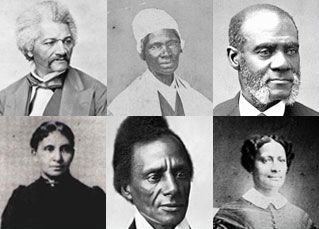
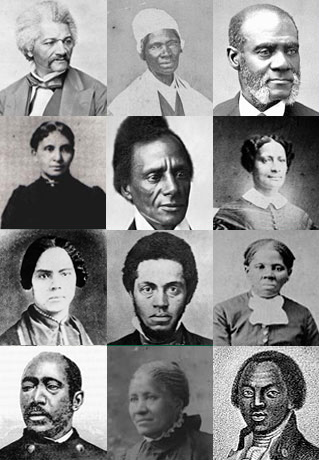
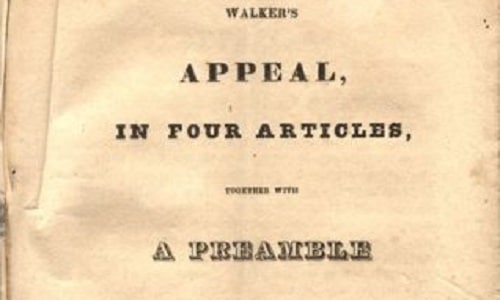
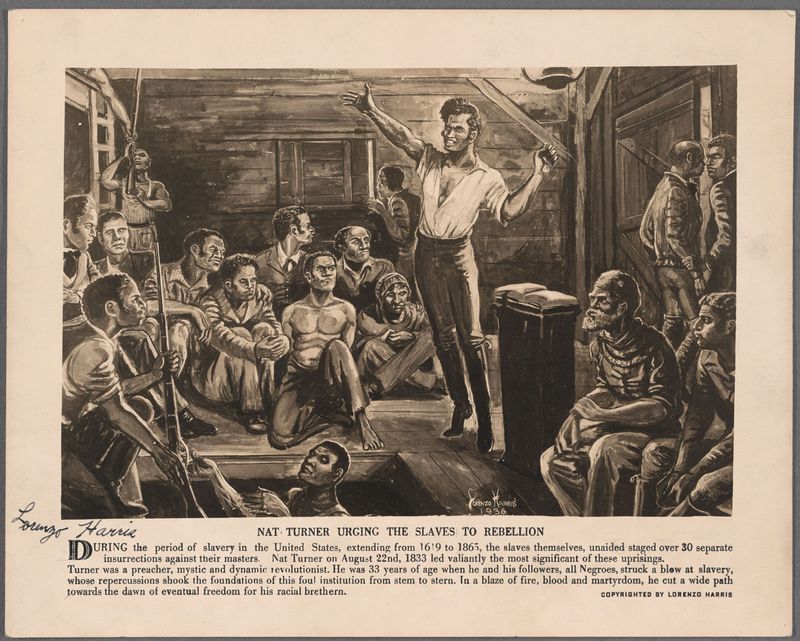
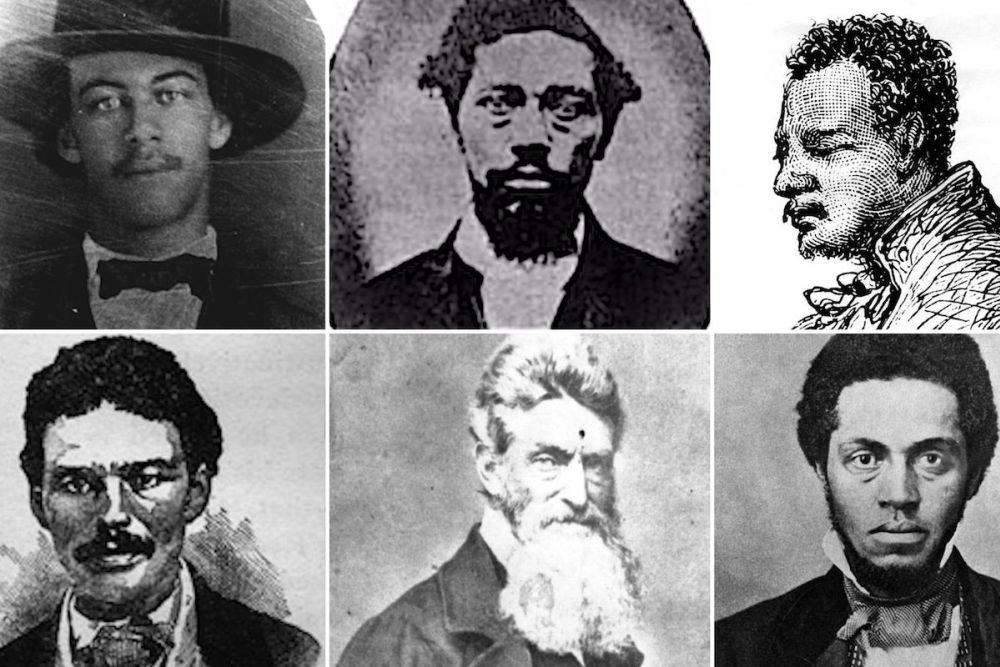





Twitter
Google plus
LinkedIn